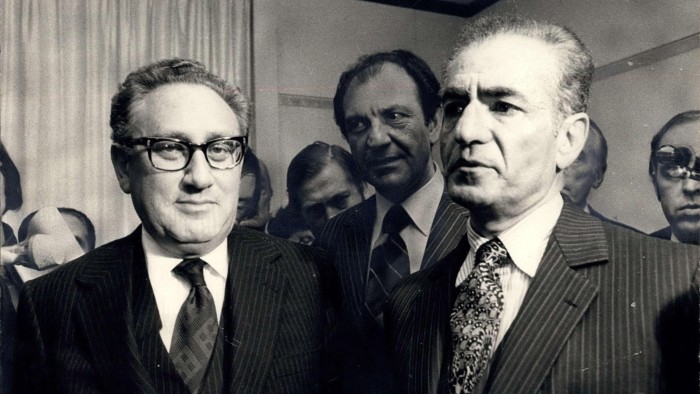The director of the Iranian History Initiative at LSE, who authored ‘Nixon, Kissinger and the Shah: the United States and Iran in the Cold War’, argues that Israeli Prime Minister Benjamin Netanyahu’s military actions against Iran are based on the misconception that the Islamic Republic can be coerced into abandoning its nuclear ambitions, or that regime change can lead to compliance with U.S. and Israeli demands.
However, history suggests that no regime in Iran—whether past, present, or future—will relinquish its nuclear goals. The recent strikes on Iran’s nuclear sites, coinciding with negotiations between Iran and the U.S., may have only intensified Tehran’s resolve to secure a nuclear deterrent.
Iran’s pursuit of nuclear capabilities did not begin with the 1979 Islamic Revolution. Under the shah, Mohammad Reza Pahlavi, Iran significantly advanced its civilian nuclear program in 1974 amid a global energy crisis. Concerns in Washington about a nuclear-armed Iran, which could trigger nuclear proliferation in the Middle East and threaten Israel, date back to this era.
During this time, the shah sought U.S. assistance to develop nuclear reactors. Secretary of State Henry Kissinger expressed concern over Iran possibly amassing fissile materials for weapons use, advocating for U.S. “veto rights” over Iran’s spent nuclear fuel. Nonetheless, the shah rejected constraints on Iran’s nuclear activities, asserting the nation’s right to enrich its own fuel. In contrast, the Islamic Republic accepted additional restrictions in the 2015 nuclear agreement, which was abandoned by President Trump in 2018.
Ardeshir Zahedi, Iran’s former foreign minister, cautioned in 2018 that “bullying rarely succeeds and has never succeeded against the nation of Iran.” From exile, he criticized U.S. Secretary of State Mike Pompeo’s threats towards Iran, questioning the historical ignorance of U.S. officials given the 1968 Nuclear Non-Proliferation Treaty (NPT) that he himself signed.
Zahedi’s reflections recall the discomfort in the West regarding a nuclear Iran, a sentiment echoed in literature of the time, such as Paul Erdman’s 1976 novel, Crash of ’79, which depicted a power-hungry shah secretly developing nuclear weapons.
The prospect of a nuclear Iran is alarming for both Washington and Israel. Regardless of its leadership, Iran’s possession of nuclear weapons would disrupt Israel’s nuclear monopoly and significantly alter the Middle Eastern power dynamics.
Israel understands that any Iranian government is unlikely to accept a subordinate role in the region. Iran, with a population of 90 million and substantial reserves of natural gas and crude oil, sees itself as an influential player.
Future Iranian leaders will recognize that U.S. policy is often shaped by Israeli interests, a concern shared by the shah during his reign. Today’s political landscape, particularly within segments of the MAGA movement, reflects similar apprehensions about Israel involving the U.S. in conflicts with Iran.
Unless Iranian leadership is willing to accept a lesser status, which is not feasible in a time of rising populist nationalism, the pursuit of a nuclear deterrent appears inevitable.

